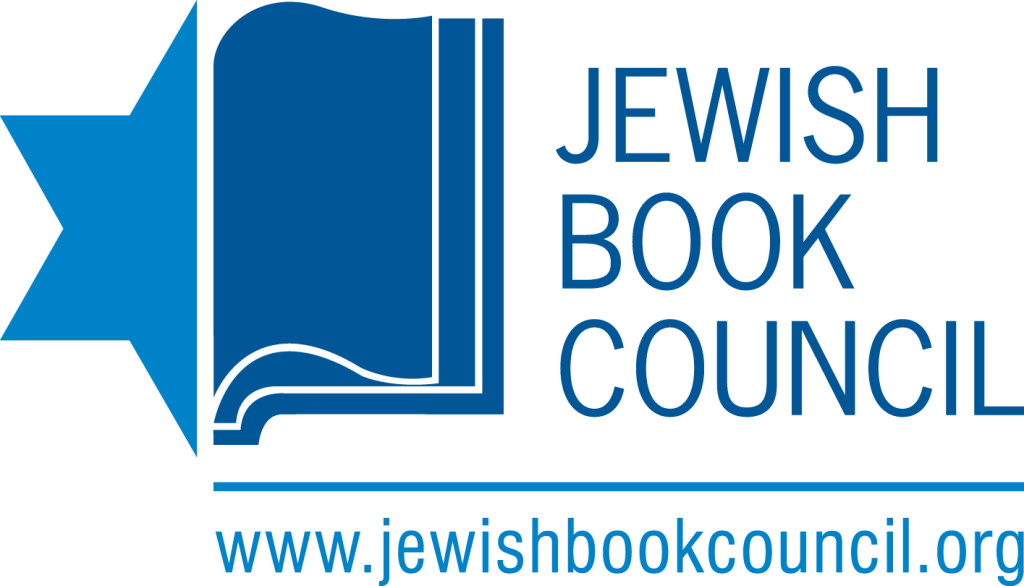FJC Yom HaShoah Program: Free and Open to the Public
Nina Siegal | The Diary Keepers: World War II in the Netherlands, as Written by the People Who Lived Through It (virtual)
Monday, | May 6 at 1pm on Zoom
Click here to register: https://us02web.zoom.us/meeting/register/tZErd--rqT8qH9fXbdKltilTKb35MhglNE5V
Books available through Eight Cousins Bookshop, an independent book store in Falmouth: https://www.eightcousins.com
“This diverse and enlightening collection of excerpts from journals kept during the Nazi occupation of the Netherlands is an essential contribution to the history of WWII. Drawing from an archive of more than 2,100 wartime diaries . . . [Siegal] contextualizes her primary sources with exhaustive research and analysis of contemporaneous records. . . . [A] vivid portrait of the Nazi occupation as it unfolded, providing a wider lens than many Holocaust histories. . . . [A] treasure trove of firsthand perspectives.” — Publishers Weekly (starred review)
“A beautiful, poignant book about the darkest period in modern Dutch history...This book gives a powerful voice to forgotten witnesses.” — David de Jong, author of Nazi Billionaires
“Nina Siegal has accomplished a remarkable feat. She has given us a day-by-day narrative of the Holocaust in the Netherlands by splicing together excerpts from a few of the hundreds of diaries stored in an Amsterdam archive...With thoughtful and insightful observations of her own, Siegal helps us understand how 75 percent of the 140,000 Jews of Holland, a prosperous and cultivated Western European country, could have been murdered, posing a warning for our own deeply fractured country.” — Joseph Berger, author of Elie Wiesel: Confronting the Silence
“The Diary Keepers is an astonishing, essential book that asks us to bear witness to an unbearable history, even as it invites us to think hard about what history is—how it gets written, and what stories it tells. This book is powerfully moving and necessarily terrifying. By way of rigorous research and intimate storytelling, Nina Siegal brings us close to her diary keepers—making it impossible to turn away from the difficult, necessary questions their lives raise about survival, suffering, complicity, and memory.” — Leslie Jamison, author of The Empathy Exams
A riveting look at the story of World War II and the Holocaust through the diaries of Dutch citizens, firsthand accounts of ordinary people living through extraordinary times.
Based on select writings from a collection of more than two thousand Dutch diaries written during World War II in order to record this unparalleled time, and maintained by devoted archivists, The Diary Keepers illuminates a part of history we haven’t seen in quite this way before, from the stories of a Nazi sympathizing police officer to a Jewish journalist who documented daily activities at a transport camp.
Journalist Nina Siegal, who grew up in a family that had survived the Holocaust in Europe, had always wondered about the experience of regular people during World War II. She had heard stories of the war as a child and Anne Frank’s diary, but the tales were either crafted as moral lessons — to never waste food, to be grateful for all you receive, to hide your silver — or told with a punch line. The details of the past went untold in an effort to make it easier assimilate into American life.
When Siegal moved to Amsterdam as an adult, those questions came up again, as did another horrifying one: Why did seventy five percent of the Dutch Jewish community perish in the war, while in other Western European countries the proportions were significantly lower? How did this square with the narratives of Dutch resistance she had heard so much about and in what way did it relate to the famed tolerance people in the Netherlands were always talking about? Perhaps more importantly, how could she raise a Jewish child in this country without knowing these answers?
Searching and singular, The Diary Keepers mines the diaries of ordinary citizens to understand the nature of resistance, the workings of memory, and the ways we reflect on, commemorate, and re-envision the past.



